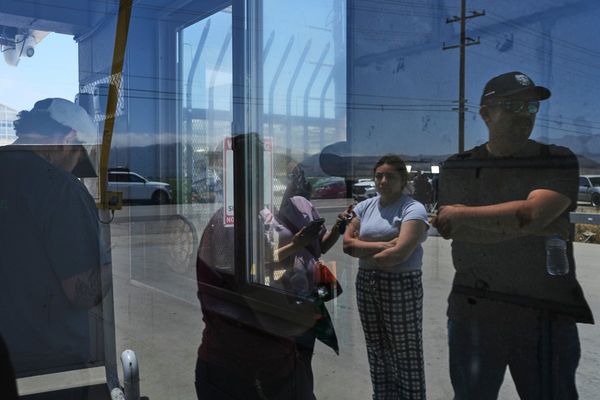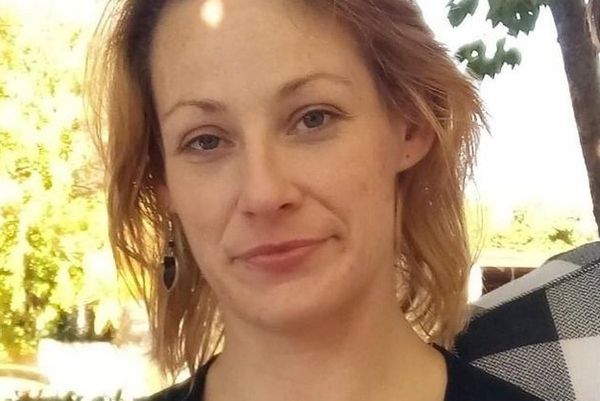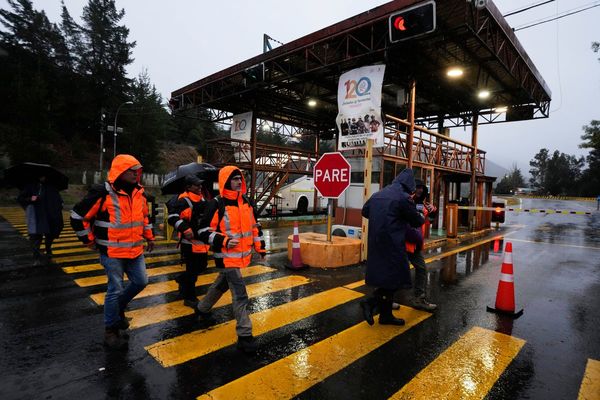
There are several pianos in Eric Beck Rubin’s debut novel: a Bösendorfer 280 VC, a Grotrian upright, a 48-inch K-400 upright Kawai. A baby grand walnut Bechstein, manoeuvred by crane through a third-floor apartment window into the practice room of its new owner, Jan de Vries, a haunted virtuoso pianist in decline. Like Jan, the voice of the novel is quiet: it stands back and has secrets. But the music it makes is loud, visceral, cacophonic, terrifying. This is a story about the deafening power of the mind to engulf us when our interior voices are left unheeded.
It is not Chopin’s Preludes or Bach’s Cello Suites that set the tone in Jan’s adolescent friendship with Dirk, who is to haunt him so in adulthood. It is George Clinton, Percy Sledge (“for when you’re with a girl”) and Aaron Neville, of whom Dirk declares, “Now this is music. Soul music. Not that Tchaikovsky ballet quartet shit you’re always playing.” The pair meet in the south Netherlands, where Dirk is a loose-haired, chip-toothed former child actor and all-round people magnet who speaks English “without an accent” and steals Jan’s girlfriend before befriending him. Yet he proves irresistible, a thunderball of a human being to this meek, impressionable village boy with an ear for classical music. Happily assenting to the role of Dirk’s chosen one, Jan becomes his shadow. He rides his bike with his eyes closed for as long as possible to try to beat Dirk’s record. He is schooled in sexual know-how by Dirk’s authoritative hand demonstrations. They spend Christmases at each other’s houses. Late at night sometimes, in the bottom bunk of Dirk’s fantastically untidy bedroom, they spoon each other or watch porn or innocently go further, rendered by Rubin with a wonderful lightness and purity of thought. They are young and untethered. They are the best of friends.
Dirk and Jan leave high school and have big intentions. “We’re going to be fat,” Dirk says, meaning from success. He goes off to drama school in America, and over the years Jan hears through the grapevine of a world-class one-man show, of Broadway appearances and teaching at the Sorbonne. Jan goes to the finest music academy in the Netherlands and gradually builds a conventional, enviable life as a successful musician: international touring, sell-out shows, a supportive and beautiful wife, the soundproofed practice room into which the baby grand Bechstein floats – but by this time he can hardly play it. He has seen Dirk only once, when he unexpectedly turns up at his music school, and in this lack of Dirk, in his longing for him and his stubborn refusal to answer this longing, a different, more disturbing music begins to emerge inside his head. It mars his performances and appears incurable by medics. He hears “cries of seagulls circling in the air”, a “hammering, metallic tearing”, an impatient car horn, or “a child’s piercing scream”.
Rubin writes with grace and exactitude, giving a tangible, animated quality to the sensual world of his story. We can almost hear those piano keys, “jabbing and undercutting, hiding and pouncing”. “There’s this mist of violas and cello on one side, and a swarm of violins on the other,” Jan enthuses when trying to convince Dirk of the merits of one of his favourite works. And Dirk himself, though at first a cliche of the charismatic, irreverent teen rebel, becomes utterly convincing – most of all through his voice, which is crystal clear and rich in humour. “Or maybe, de Vries, we shouldn’t go to school tomorrow. Eh? Maybe fly away to Paris instead. Or Mombasa. Or Kinshasa. Or Lake Titicaca.” The Dutch landscape is also sharply observed with precise, passing detail, the cobbled roads and tall houses set close to the street, and foods such as chocolate-covered stroopwafels.
Despite his attainment of “fatness” in the wider world, Jan never quite leaves the home he shared with Dirk, and herein lies one of the story’s central tenets. Home is made of someone, of a singular connection of one with another in some fundamental, inchoate part of ourselves, and adult life may occur beyond that as a distortion of a perfect yet formless early music. Both tender and truthful in its evoking of the canyon that lies between the openness of youth and the dangerous restraint of middle age, this is a luminous, quiet storm of a novel that resounds long after its heartbreaking coda.
• Diana Evans’s The Wonder is published by Chatto. School of Velocity is published by One. To order a copy for £10.65 (RRP £12.99) go to bookshop.theguardian.com or call 0330 333 6846. Free UK p&p over £10, online orders only. Phone orders min p&p of £1.99.







